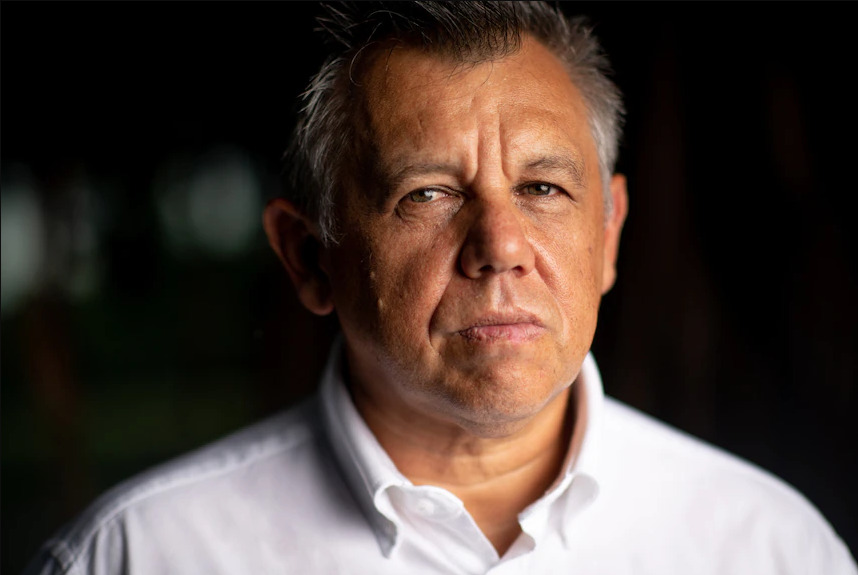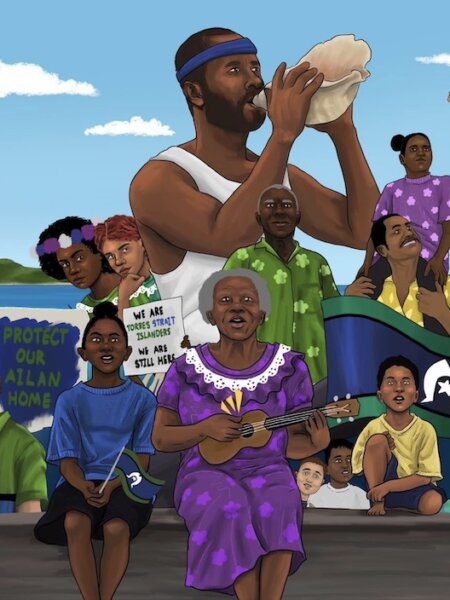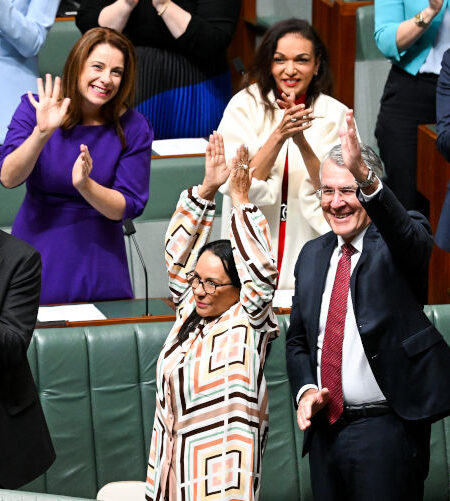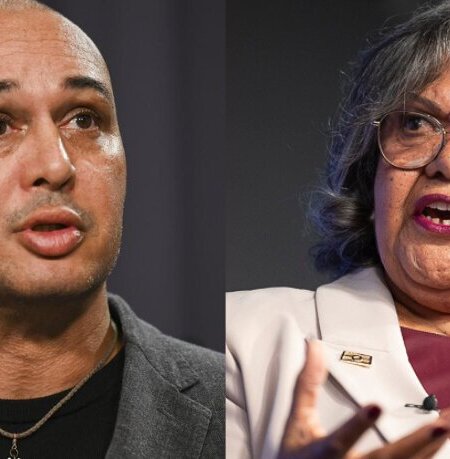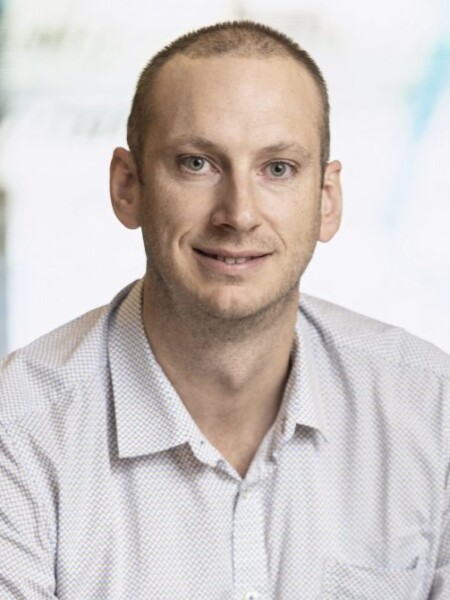It is a great honour to follow in the footsteps of Uncle Jack Charles, Aunty Lois Peeler, Aunty Jackie Huggins and Aunty Jill Gallagher in delivering the 2022 Barak-Wonga Oration.
I acknowledge the Wurundjeri people and their Elders, and I am thankful for the welcome from Uncle Colin Hunter.
I also acknowledge my own people, the Wirdi speaking people of the Belyando River, in Central Queensland.
The theme on which I wish to speak to you tonight is race and redemption.
As you have heard, I hold many positions, however this oration represents my personal musings and observations and are offered tonight for your contemplation.
From the very first interactions we were described as the native race, amongst other terms wholly less generous.
And ever since those first encounters, we have been treated differently, as a lesser people, an ignorant people, something to be pitied and despised.
This dehumanization is what the British do and did to their conquests in the Africa’s and in the new world. It is an integral part of the dispossession process. The historical records show that there is a modus operandi that was generally applied across the empire. In addition to granting tenure over lands to their own, at the expense of others, and thereby setting up conflict, the colonies introduced legislation to control the movement and lives of Aboriginal people, outlawed our languages, forbade the practice of our culture, removed our children, made our testimony inadmissible in court, denied us the right to own land, denied us the ability to enter into private treaties, engaged in genocidal practices and turned a blind eye to police and vigilante atrocities.
Across the British colonies, or former British colonies, in which First Nations people remain minorities, we have seen the phenomenon that even though governments were required to release us from the reserves on which we were imprisoned after the adoption of the International Convention on the Elimination of all Forms of Racial Discrimination in the United Nations General Assembly in December 1965, the rates of imprisonment and child removal have risen steadily to the stratospheric heights that now exist. This phenomenon is common in the commonwealth. The same low employment rates, the death by preventable disease, the poor educational outcomes, the housing crises are experienced throughout the Commonwealth and former colonies. The observation might be made that this suffering occurs notwithstanding the ridiculous wealth experienced by the rest of this country. But, of course, the truth is that the ridiculous wealth has been and remains dependent on First Nations subjugation.
None of this is new to the educated class. But what is new, or relatively new, is our ability to quantify the racism. I have spoken of the report by Siddarth Shirodkar before, in other speeches, but must return to it. In 2020 Shirodkar was a PhD candidate at ANU and produced a report that showed that three out of four Australian people had an unconscious or implicit negative bias against First Nation people.
The research was based upon 11,000 samples in which Australians undertook the Implicit Association Test. The test is conducted on line and involves images being flashed onscreen with the subject required to respond immediately. It has been found that in conducting the test this way the filters which are normally applied to mediate our responses are not able to be applied. We get closer to an individual’s true response.
What the research tells us is not that three out of four people will use racist hate speech, but rather that three out of four people have unrecognised biases which may, it must be assumed, affect decision making.
It is this unconscious bias which allows fans at a football game to join in gross collective acts of racism by jeering and insulting Aboriginal football players in a manner that is not meted out to any other players (but allows them to tell themselves that their conduct is a response to other factors). That is not to say there might not be overt racists amongst them, but my experience in running discrimination cases tells me that the outright racists never admit it, even when confronted with overwhelming evidence.
It is the unconscious bias that operates when a police officer arrives at the scene of some event, speaks to the non-Aboriginal people to find out what happened, and arrests the Aboriginal person.
As a practising lawyer, I cannot help but think about these biases in terms of the justice system. I wonder how a First Nations person can be assured fairness when it is likely that three of four lawyers have an unconscious bias, three of four judges, jurors, police officers, parole officers, doctors, pathologists and, in the native title context, three out of four bureaucrats giving instructions to the State or Commonwealth’s lawyers.
The answer is we cannot be assured a fair trial.
And lest there be some smugness, the academy is not free of this criticism either.
Turning back to the Shirodkar report, when I first started to work through it I thought that the figures might taper away for educated professionals. However, the opposite was true. The study revealed that older, more highly educated people were one of the strongest demographics displaying bias. These are the people who are leaders in our communities.
I have also considered what we can do about this in the legal world. Training people to manage their biases has limited success. In large part it is due to the self-perception of those being trained. The research shows us that amongst a cohort of judges given training to mediate their biases, those that were overtly biased were best able to recognise then take steps to filter their biases and deliver a more just response.
However, and this is the interesting part, those that were not so overtly biased, or denied any bias, failed to accept that they were bringing any biases into play, and were largely non- responsive to the training. Mandatory training does not work for these judges.
It is my view, after 30 odd years of practice in the legal profession, half a dozen working in government and a life time as an Wirdi person that this one thing, racism, infects all else. Further, while ever Australians, deep in their heart feel we are incapable, lesser, inferior, a people to be pitied and despised our delivery from destitution and impoverishment is nearly impossible.
You might think that having formed this view it must be very difficult for me to participate in the reform agenda and do what I do in the courts. And, I will admit that having this month won two more fisheries cases on the NSW south coast appearing for traditional owners exercising their rights to fish, thus taking my record to 11 wins from 11 matters, gives me only muted satisfaction. Nevertheless, I continue to appreciate full well that we must continue to resist the machine designed to crush us.
What gives me renewed strength is the possibility that we will have a unified political voice that can combat and call out the excesses of government and industry, that we have the opportunities to engage in truth telling, and that, ultimately, we will see a transition of power from the government to our First Nations through treaties.
In particular, I have some ambitious yet achievable hope that the various truth telling processes that are underway across the country will take these issues into Australian homes. In Victoria, in my role as Co-Senior Counsel assisting the Yoorrook Justice Commissioner, a truth telling process established as a Royal Commission and therefore with all the coercive powers to compel the production of documents and the answering of questions, I hope that with my fellow counsel assisting we can bring the evidence which will show Victorians that their biases against First Peoples is something they have been conditioned to feel and to act upon by the British modus operandi. It is my hope that they will see that the colonisation process has demanded that they distrust us, think us inferior, and dismiss our knowledge and culture. And, if done correctly, they will understand that his was done in the name of British acquisition of our lands.
In my view, if ordinary Victorians can embrace the fact that we have been set up to be enemies, and see clearly what the governments and industry, and society has done and continues to do to us, we can then say, “we do not blame you for the way you are, we blame the British and you should blame the British as well.”
If that message can be conveyed, and broadly accepted, then we have the chance for us all to move forward.
I am under no illusion. It will be a monumental task. All people find comfort in the status quo and nobody likes to accept that they have had a role in wrong doing. But the evidence is there and being further collated by the day.
As we sit here tonight, there have been successful class actions on behalf of First Nations people to recover stolen wages, to be compensated for the stolen generations, for inadequate housing, for the police raid on Palm Island in North Queensland. And there will be more class actions for failing to provide proper educational opportunities, the removal of children from their families, the incarceration of children in adult detention or in inappropriate accommodation.
What this tells us is that even though government can convince itself that it is making proper legislative arrangements, and policy and programs decisions, and the media does not do enough to make these injustices known, and the population remains largely disinterested or willfully blind, the Courts are applying the law. And, as I have already discussed, even though the Courts are not free from bias, it is my view that the extent of the discrimination has been so gross, that the judges cannot turn away, and the Government will be held to some account.
In the past the government has studiously avoided collecting the data which will show its own discrimination. But in recent years, we have gotten glimpses of the discrimination in action. We have been able to peek behind the curtain.
One such example, although minor, was the study undertaken by the Western Australian police. It showed that in relation to traffic fines, where speeding tickets were issued from speed camera detection. Aboriginal people were less likely to receive a ticket than the rest of the population. However, where the ticket was issued by an officer, in person, Aboriginal people were 3.6 times more likely to receive a ticket.
No doubt, the police officers will say that they were simply carrying out their duty, but Aboriginal people across Australia know full well the offense of ‘driving while black’.
In NSW, the Law Enforcement Complaints Commission has reported the consorting laws enacted to interrupted the behaviour of crime gangs being used overwhelming against Aboriginal people congregating with their extended family. We have also seen a program called the Suspect Target Management Program be used as a mechanism to racially profile and harass Aboriginal youth. Reviews of the program confirm these results.
These types of discriminatory practices exist are repeated time and time again across the government sector.
We have also seen coronial inquests telling us that deceased Aboriginal people have been treated in discriminatory fashion, such as the young mother you went to the hospital many dozens of times and was told to go home, the mother who was left to die in a police cell, the Aboriginal man cooked to death in the back of a police wagon travelling across the Kimberley in summer, the Aboriginal inmate killed by choker hold, the Aboriginal man denied access to his medications.
These breaches of human rights are the consequences of institutionalised racism, but are carried out by individual Australians who exercise their discretion is such damaging ways. Taken in isolation, some of these breaches may seem to be innocuous or minor misuses of power which could be explained away as leading to accidental and unintended outcomes. However, understood in context, they come from exactly the same place as the sentiment that ushered in our original dispossession from our lands. These sentiments flow through to the denial of soldier settlement blocks to returning Aboriginal servicemen, the establishment of a native title system in which First Nations are denied the freedom to withhold their consent to destructive exploitation of our lands, and the continuation of fake Aboriginal heritage protection systems that only facilitate destruction of our places of importance and that which is sacred.
For my part, I refuse to accept that this is the way that it must be; that being an oppressed minority is all that our destiny holds. I believe the truth-telling processes will expose the comfortable lies that everyday Australians have been fed about our collective history. The treaty processes will give us some of the protection we need from the worst of the colonial machine.
But right now, within the next twelve months, Australians will go to the polls to demonstrate whether there are enough individuals who are prepared to share a modicum of power with us by allowing us to be heard in the parliament and the executive government. To do this, enough Australians will have put to one side their implicit and unconscious biases against us.
I believe there are enough Australians who are willing to and capable of controlling their own fears, of managing their pity, that we will succeed and the amendment of the constitution can be achieved.
However, the release of Australians from their ‘perpetrators guilt’ will take more than a successful referendum. It may be that in the wake of a successful referendum, in that warm afterglow, and with the strong hands of a First Nations Voice, we can start to shake hands as equals in a society that embraces our sovereignty, and the rights attached to that sovereignty.
It is here that redemption may be possible, but it does not come and it is not available without some realisation that the Australian way of life, at this present time, is still that which the British brought here, and it is still having its impacts on First Nations people.
